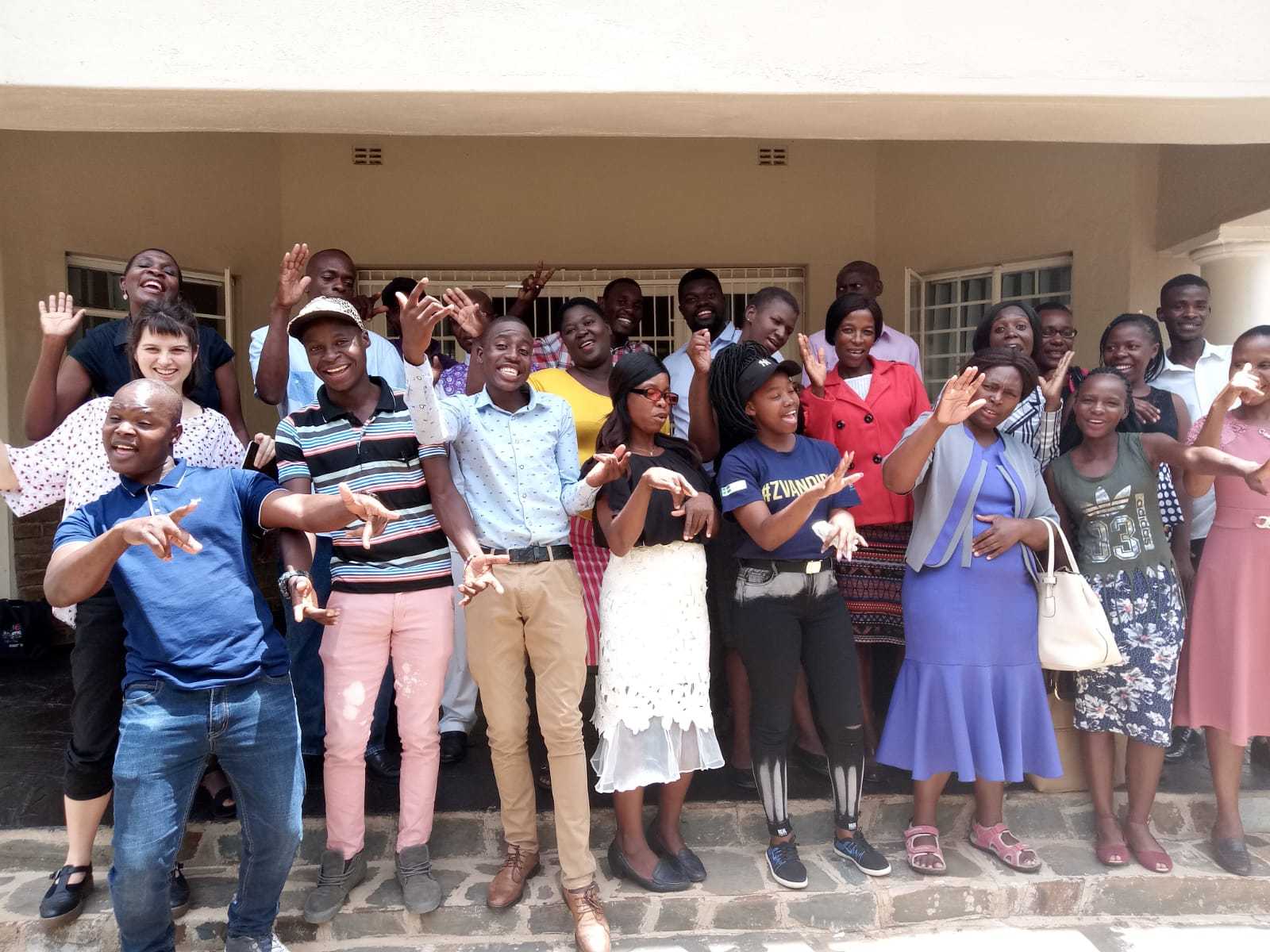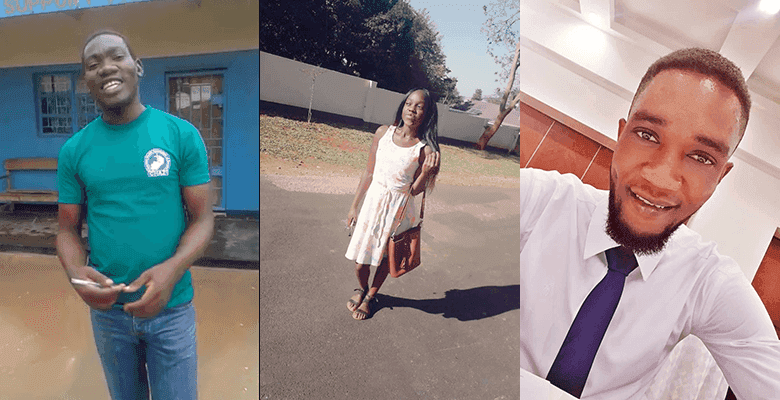Community health workers make the difference!
Hear from three community health workers in southern Africa as they share their experiences of the job and the challenges they face in their work
Hear from three community health workers in southern Africa as they share their experiences of the job and the challenges they face in their work
Published on Avert.org on 29 November 2019
Around the world, community health workers are at the centre of the global HIV response. Here, they explain the challenges and benefits of being a community health worker and what more could be done to support their important work.
Kondwelani is 24 and has worked for the past three years as Young Leader for Restless Development in Zambia.
Charity is 20 years old, lives in Zimbabwe, and has worked as a Community Adolescent Treatment Supporter (CATS) for Africaid Zvandiri for one year.
Gerald is 26 and for the past five years has worked as a Peer Educator for Bwafwano Integrated Services Organisation (BISO) in Zambia.
Kondwelani: I decided to become a community health worker because I have a helping hand. I love to help people not feeling well and those feeling low, sad, depressed and so on.
Gerald: I decided to become a community health worker due to the gap in information in my community. That gap inspired me to be a community health worker to provide sexual health information to the community that was lacking at that time.
Charity: I decided to be a CAT because I wanted to help adolescents and young people by giving them advice. To help and give them counselling on HIV testing SRH (sexual reproductive health) and also to make sure that they adhere to their medication.
Gerald: What I like most about being a community health worker is the interaction I get with the community. Because it gives me so much joy that I provide information for the members trying to make the right decision.
Charity: I like to work with young people and adolescents, it really motivates me. It gives me opportunities through my job, and my job will be going up and up. I also like to be with young people – speaking with them and socialising with them and telling them what is good and what is bad.
Kondwelani: I get to learn more from the people I interact with in the community. I love to mingle with everyone and have fun with them, that's what I enjoy.
Gerald: The biggest challenge for me is finding the right information. Some people don’t have enough education to understand and some of the materials we have to use are not community friendly. They are too technical. Finding the right messages for the community been challenging. Also, how to reach, because sometimes the people who need the information are so far away.
Charity: Being a CAT is a challenge to me because I am not always able to reach some of my clients live very far away. Some want me to pay a visit each and every week and sometimes it’s really hard for me to go. It’s a challenge to me but I think I will manage.
Kondwelani: The challenge mostly faced is around incentives [renumeration]. Often I am being sent to go work in a far community, and they don't give transport allowance, so we are supposed to use our own money. If you don't have money that day, you can’t go to the community. That means the people there won’t receive information that day.
Charity: My work teaches me a lot, by going to team meetings and learning more and more. So, when I do my work, I’m able to give good advice. I encourage other adolescents to be good.
Kondwelani: I’m mostly proud of my work because I get to interact with different people from all walks of life. My best moments are the times I go do outreach in communities to educate youth about HIV.
Gerald: I am proud of the quality of information which I have shared with members of the community, which has helped them make the right decision. Especially with my peers, when they want to make a right decision, I give them that information.
Charity: Because we go door to door, we should be given transport allowances. Also, I want CATS to progress further. We need more workshops and to be taught more.
Kondwelani: I think community health workers can be better supported by being given more incentives to keep them going with their work, because most community workers do their work on a voluntary basis.
Gerald: We face a lot of challenges, like lack of gadgets and lack of simplified information for the benefit of their community. So for them to work effectively they need to be supported in terms of providing them with information for the community and technology to use with their community. Also sometimes the communities are very far away so transportation is also a challenge to meet everyone. So providing those support can be helpful for their work.
At Avert we are supporting community health workers by providing them with information and materials to use in their work. We worked with Gerald, Kondwelani, Charity and others from across Malawi, Zambia and Zimbabwe to co-create our digital resource Boost.

